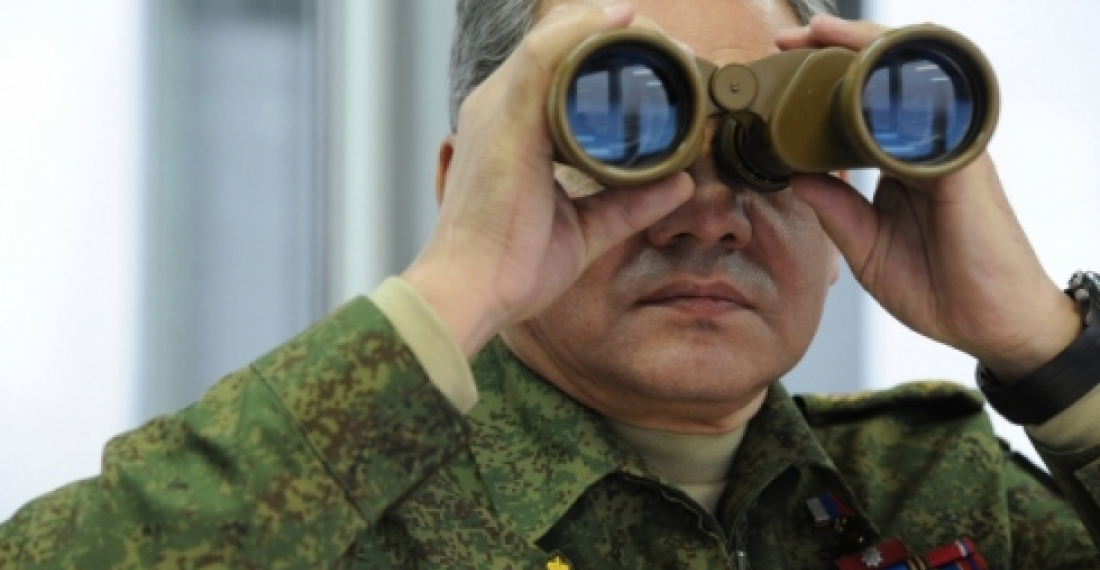Whilst Russia and the United States engage in last minute diplomatic efforts to resolve the crisis in Ukraine, Russia has continued sabre rattling with large scale military exercises on Ukraine's eastern borders.
A statement by the Russian Defence Ministry on Thursday (13 March) quoted by the Itar-Tass News Agency, said that military units and detachments of the Russian army are building up the intensity of field exercise at ranges in Rostov, Belgorod, Kursk and Tambov Regions as military exercises continue. The main goal of the exercise is to comprehensively check the units' cohesiveness with further fulfillment of combat training mission on unfamiliar territory and untested ranges, the statement added. The military exercises will continue until late March.
In the meantime Russian Foreign Minister Sergei Lavrov is expected to arrive in London in the next twenty four hours for a meeting with the US Secretary of State John Kerry in a last minute effort to resolove the crisis. Kerry and Lavrov have had several phone conversations over the last days but a face to face meeting was not possible since the American side claimed that the Russians were not yet ready to engage constructively on an American plan to de-escalate the crisis.
On Sunday people in Crimea, which now stands under de facto Russian military occupation, have been asked to vote in a hastily arranged referendum as to whether they want to join Russia. The referendum has already been dismissed by the rest of the international community as illegal.
source: commonspace.eu with Itar-Tass
photo: Russian Defence Minister Sergei Shoigu reviewing military exercises in Western Russia earlier this month (picture courtesy of Itar-Tass).






